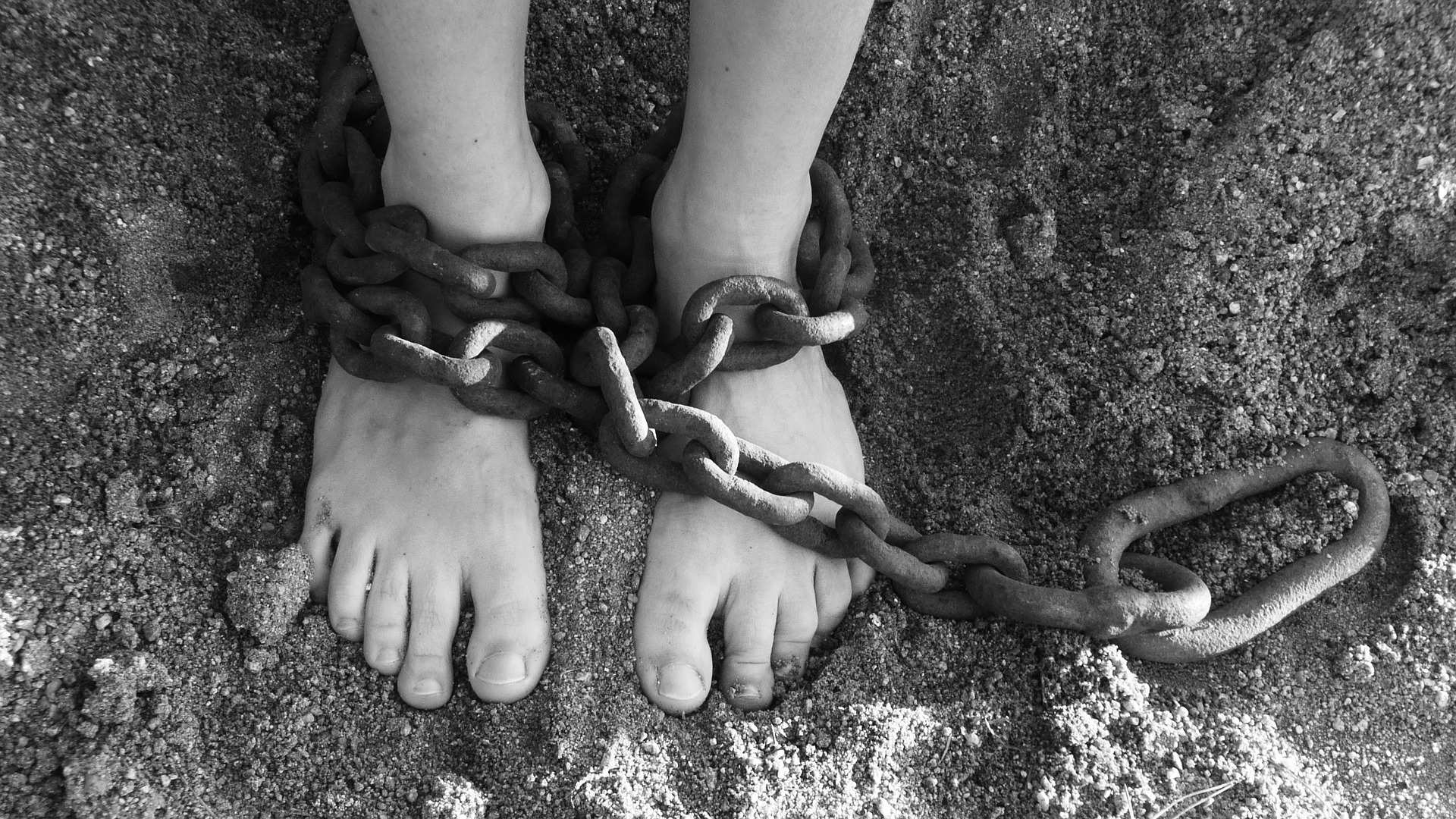Every traumatic brain injury (TBI) survivor heals at a different rate, but I notice there are certain qualities or characteristics that lend themselves to a more rapid and higher quality healing process. In this post, I am going to refer to a promise I made in my third-year post-injury when I began to see the most progress in breaking out of what I call the “trauma-loop“.
To explain this loop in brief, I will share with you how it feels to write the type of post you are about to read.
Personally, I find these type of posts very difficult to write. I hate letting my trauma-self out because she is crippled by the fear of being stigmatized and misunderstood. This part of me is incredibly thin-skinned and unable to handle criticism or negative judgment. She is so sensitive, harder to control, and is the most vulnerable to being engulfed by hopelessness.
Being traumatized is such a weird condition (PTSD – chronic) or state to be in (acute). I find that when people with trauma are belittled for who they are, it only traumatizes them more, and makes it even more difficult to operate or want to participate in daily functions. Therefore, it comes as no surprise that individuals with trauma often stifle their feelings because it may not seem worth the risk to be open and honest about their pain.
The benefit of suppression is that it is a temporary coping mechanism that can turn into a long-term solution where one habitually becomes accustomed to and learns how to operate day-to-day with no disturbance. However, like a latent disease, the potential for future, insidious, or more diffuse harm is magnified. Regardless if someone chooses to be open or not about their trauma, they are at risk for being caught in an unpleasant and relentless loop, that over time may diminish their sensitivity to hope or compassion. This is why I personally decided to figure out how to free myself from its chains.
In another post, I can explain how I did this, but my hope for this post is that readers understand the importance of supportive, inclusive, compassionate, and kind communities. Part of the reason I was able to get out of the loop is because I started engaging with other people with chronic conditions and disabilities.
Before I likely viewed these groups of people as simply patients because it was an implicit bias that I was something else, a student pharmacist. The space I was operating in consisted of relatively healthy 20-something peers who luckily for them, but unfortunately for me, did not know what chronic suffering felt like.
The majority of new peers I introduced into my life were TBI survivors like myself, but there were also people with cancer, HIV, various mental health conditions, and more. Our common threads were in the symptoms we had and how our conditions affected our abilities to function and interact with others in our lives. When you wake up day after day being sick with no end in sight, feeling that the odds of healing are not necessarily in your favor and there is no certainty that you will get better- perhaps it’s easy to imagine why suicide rates are higher in certain populations with these factors.
For today, there is no need to get into the weeds of the behind-the-scenes torture I experienced when I wasn’t holding up my “normal” front for those around me. What I do want to share is a promise I made to my community because I am grateful for the time they invested to help me build perseverance, compassion, humility, patience, and purpose. They gave me a reason to always look for light and to be unafraid of the darkness if it were to disarm me.
I promised them, “I will not forget what you did for me and that wherever I go, I will find a way to take you with me. I promise I will try my hardest to use my voice when I am able.”
Feb. 8th, 2018 – Day 1681 (or 4.6 years from my mind reset): An action step was taken to fulfill this promise. I participated in the American Foundation for Suicide Prevention – Virginia Chapter’s first capitol day in Richmond, VA.
The evening after work of Wednesday, February 7th, I took the BoltBus down to Cary St. in Richmond. It was only about $17 one-way (half the price of a train!) and it was a nice trip. There were only two other passengers, so it was nice to have space and access to a plug for charging. I spent the majority of that time relaxing, listening to music, and reflecting on what I was doing. I reflected on the thing that caught my eye about attending capitol day, HB 42 to decriminalize suicide in the Commonwealth.
In Virginia, the act of suicide is considered a crime.
I was shocked because suicide is a result of someone dying from a mental health condition. Just like people die of heart disease, cancer, or infections, people can also die because of mental health. If someone died from any of the other causes listed, I don’t think many would feel comfortable calling those individuals criminals. Likewise, in most cases, death is final and the individual who died from suicide would not experience the consequences, rather their families and close ones would experience the salt thrown on the wound of grief. Moreover, having laws that criminalize a finalizing action related to a disease state doesn’t prevent it from happening and also stigmatizes having mental health challenges.
Is someone a criminal because they feel hopeless? No! I know this kind of person could benefit from continual and compassionate support, practicing a mindset of alternative options, and realizing their full potential.
This law did not sit right with me, and I decided, okay, even though I have not been a Virginia resident for a full year yet, it doesn’t matter. Wherever there are people suffering and lives are on the line, barriers to achieving relief must be removed. I don’t need to know you to stand up with you or for you. I would hope that even though you may not know me if you knew that I was hurting, you would help me hurt less.
For the post today, the piece I want to leave my readers with is that when we speak of suicide, it is best practice to say, “the person died of suicide” rather than “the person committed suicide.” People commit crimes, but people die of suicide.
Let me know what you think – Do you know anyone who is trapped in the trauma loop and could benefit from some insight? Do you know anyone who has escaped, and how did they do it? Finally, what are your thoughts on suicide being a crime?
Later this week, look forward to more of the lessons I learned at Capitol Day. Thank you for reading.

Please do not hesitate to reach out to the MindReset community.
The MindReset is a community of individuals who seek to inspire a social movement geared toward creating a more Supportive, Inclusive, Compassionate, and Kind society where anyone and everyone has the opportunity to thrive.
- Facebook: https://www.facebook.com/theMindReset/
- Instagram: @The_MindReset
- Twitter: themindreset
- #TheMindReset #TMR #SICK
- e-mail: themindreset@gmail.com


